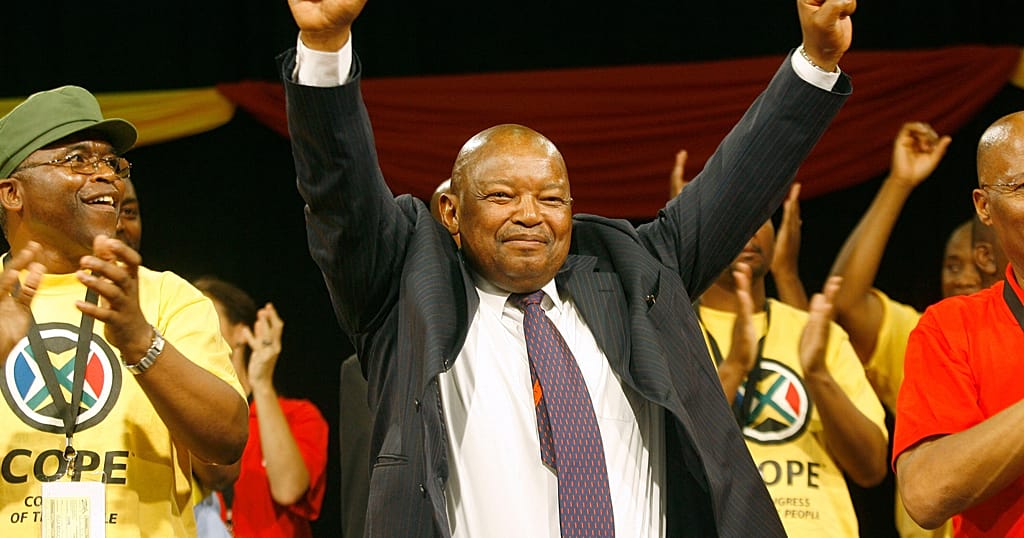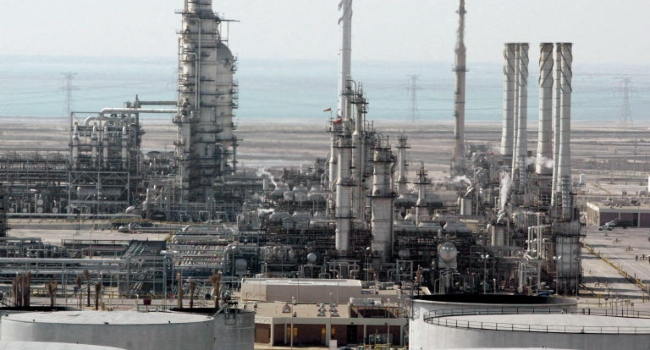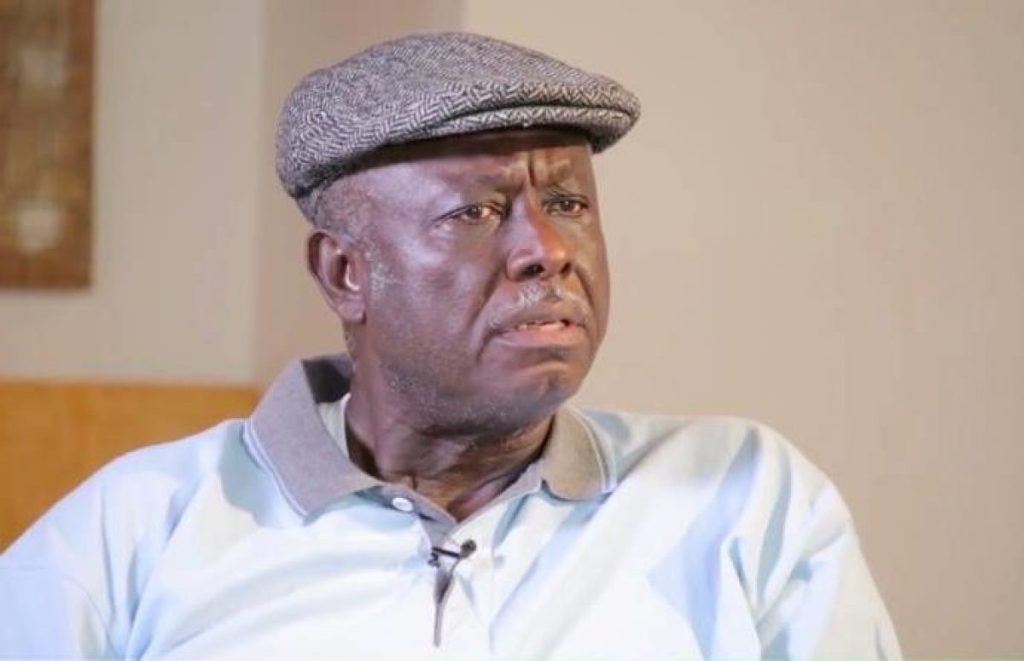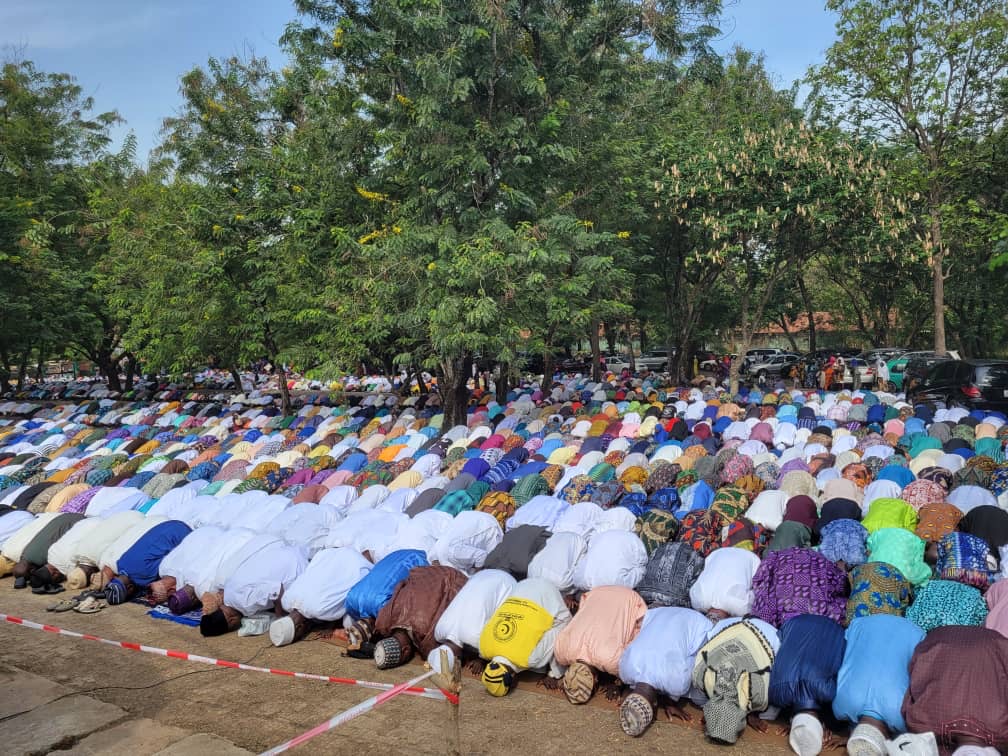The Peoples Democratic Party (PDP) in Nigeria has been embroiled in a controversy surrounding the dissolution of its Akwa Ibom State Working Committee. The National Working Committee (NWC) of the party had announced the dissolution of the state committee led by Hon. Aniekan Akpan, with a 31-member Caretaker Committee headed by Barrister Igwat Umoren to be constituted in its place. However, the National Secretary of the PDP, Sen. Samuel Anyanwu, has countered this decision, stating that the National Publicity Secretary lacked the authority to implement such a decision.
According to Sen. Anyanwu, there was no formal sitting of the NWC where the decision to dissolve the state committee was taken. He noted that the National Publicity Secretary’s role does not include implementing decisions of the NWC, rendering the announcement “null and void.” The National Secretary has instructed the state chairman to continue with his duties as provided in the PDP constitution.
The embattled state chairman, Hon. Akpan, has also rejected the dissolution, stating that the NWC had not properly sat to make such a decision. He urged party members and the public to disregard the sack notice, insisting that he remains the authentic chairman of the party in the state. An elected State Exco member, Barrister Ekpong Edem, who was listed as part of the newly announced Caretaker Committee, has also rejected the appointment, describing it as “illegal” and pledging his loyalty to the Aniekan Akpan leadership.
The development has highlighted the internal conflicts within the PDP, with different factions vying for control. The party’s national leadership has been criticized for its handling of the situation, with some members accusing it of overstepping its bounds. As the crisis deepens, it remains to be seen how the party will resolve the issue and move forward. The PDP is one of the major political parties in Nigeria, and its internal conflicts have significant implications for the country’s political landscape.



